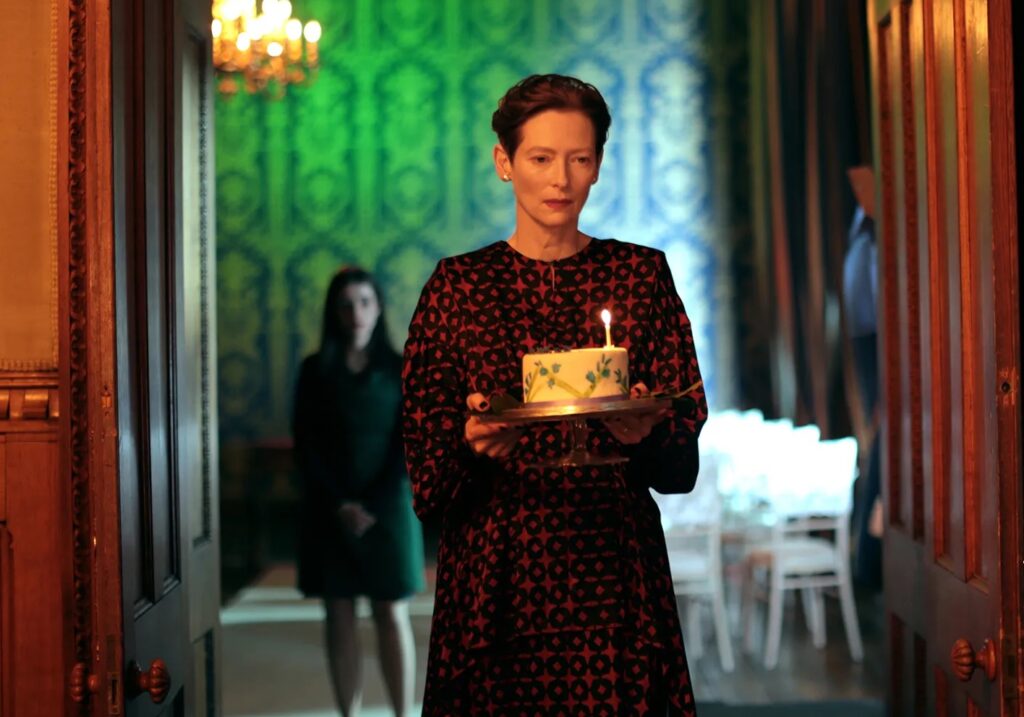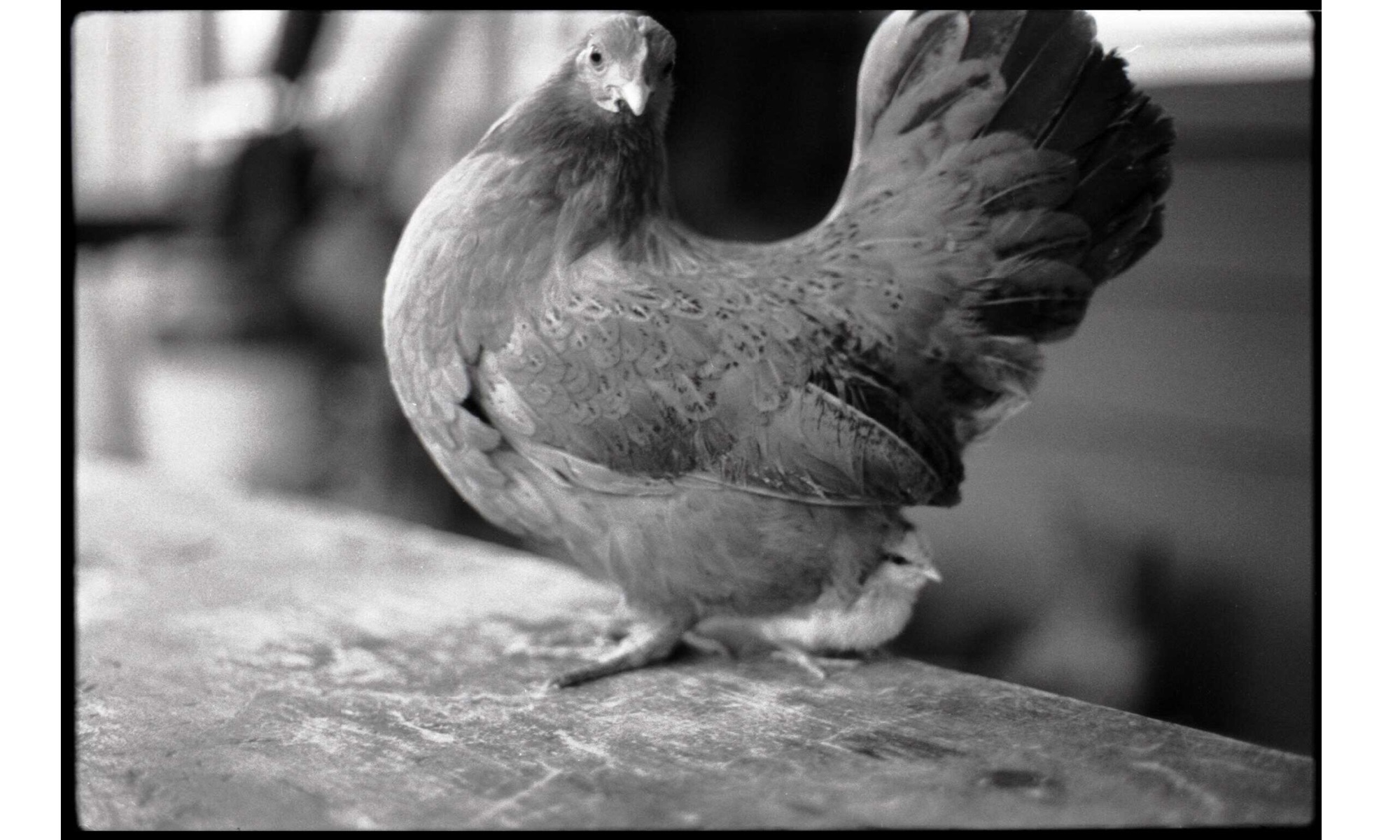I’m pretty pleased with my female to male director ratio in 2022’s Top 20. Eight of the 20 film to appear on the list were directed by women, with one more co-directed by a woman. That’s nearly 50%, and when you consider that only 24% of films released in 2022 were directed by women (according to the Center for the Study of Women in Television and Film.) My top 20 kicks off with two such films with female helmers. We also start off internatinally with #20 coming from the UK, and #19 coming all the way from New Zealand

#20) The Eternal Daughter, directed by Joanna Hogg – Completing (perhaps?) the unplanned trilogy begun with THE SOUVENIR and THE SOUVENIR PART II, Joanna Hogg’s take on the gothic ghost story, THE ETERNAL DAUGHTER, becomes my favorite of her films since ARCHIPELAGO (my #2 film of 2014). In a genius casting move, Tilda Swinton returns to play Rosalind Hart for the third time, this time also playing her daughter, Julia Hart, now at middle age in present day, and a stand-in for Hogg herself. Julia was played by Swinton’s real-life daughter Honor Swinton Byrne in the two THE SOUVENIR films. All three films are inspired by Hogg’s life, first as a young woman learning the craft of filmmaking, and then in middle-age struggling to understand her mother by writing a film about her. By setting it in a haunted house setting, complete with an inspired music department that leans heavily on the gothic horror genre. It’s an interesting concept t have the one actress play both parts, and Swinton pulls it off with amazing aplomb, her return to Rosalind Hart being the true winner here. Rosalind is the most interesting character in the first two films, and remains so in this film as well, although Swinton’s portrayal of Julia as an adult adds tremendous depth and interest in the character. And let us not forget Louis, Rosalind’s dog, portrayed by Swinton’s own hound. Certainly a performance worth noting.

#19) The Justice of Bunny King, dircted by Gaysorn Thavat – Essie Davis is on a roll with portrayals of fierce but flawed mothers protecting their children. She made a big impression in THE BABADOOK (my #7 film of 2014), then followed that up with BABYTEETH. (She also turned in a fine performance in NITRAM, a film that will be appearing a bit higher up on this list). Now she tops THE JUSTICE OF BUNNY KING, which, with a name like that, conjures pictures of outlaws and rifles in the Australian outback. Instead, we have Bunny brandishing a squeegee, on the busy streets of a New Zealand city, trying scrounge up some change so she can find a place of her own to live and rescue her two children from foster care. Bunny is a complex character: quick-witted but with a hair-trigger temper. It becomes clear early on that her children are the driving force that keeps her going, but it’s also clear that there was an incident in her past that put her in this precarious position, one that challenges the meaning of fairness in a city that tends to forget people like her. Bunny refuses to let herself be forgotten though. While searching for a place to live, she’s sleeping on her sister’s couch, helping out with childcare, and washing her brother-in-law’s car. When she witnesses something that puts her teenaged niece (played exquisitely by Best Actress Chlotrudis nominee for LEAVE NO TRACE) Thomasin McKenzie, she can’t help but intervene, even though it dashes her latest hope for being reunited with her children.
